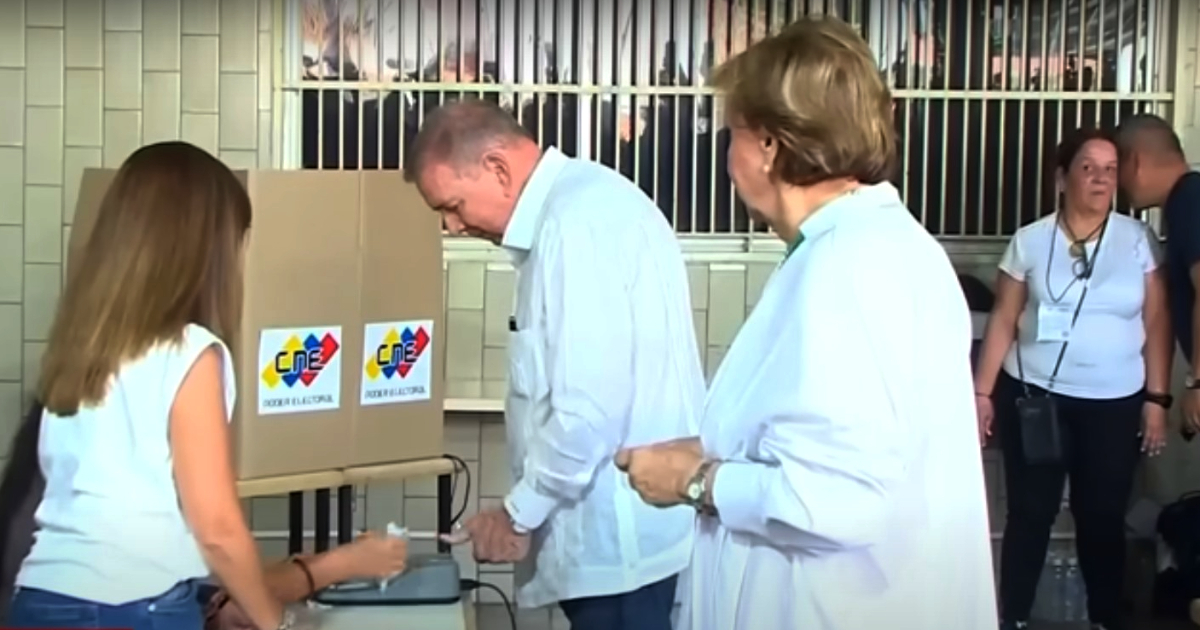The governments of Spain, France, Italy, Germany, the Netherlands, Poland, and Portugal have signed a joint declaration urging Venezuelan authorities to release all electoral records from the recent presidential elections held on July 28.
European Leaders Call for Transparency in Venezuelan Elections
"We call on the Venezuelan authorities to promptly make all records public to ensure the complete transparency and integrity of the electoral process. The opposition claims to have collected and published more than 80% of the records produced at each polling station," the letter emphasized.
The European leaders expressed their deep concern over the situation in Venezuela and stressed the importance of transparency and integrity in the electoral process. "This verification is essential to recognize the will of the Venezuelan people," they explained.
Furthermore, the declaration condemned any detention or threats against political leaders and highlighted the importance of respecting the rights of peaceful assembly and freedom of gathering for the Venezuelan people.
Lastly, the European leaders assured that they would continue to closely monitor the situation in Venezuela and work alongside their partners to support democracy and peace in the South American country. The joint declaration reflects the international community's commitment to electoral transparency and human rights in Venezuela, a demand that is growing among governments, NGOs, and international organizations.
The call from the seven European countries comes amid increasing political tension in Venezuela. With 96.87% of the records counted, according to the National Electoral Council (CNE), Nicolás Maduro was confirmed as president with 51.95% of the votes, while opposition candidate Edmundo González Urrutia received 43.18%.
However, the opposition has published more than 80% of the records, claiming that González Urrutia is the true winner with 67.2% of the votes. This discrepancy has led to a series of recognitions and rejections on the international stage.
The United States, for example, recognized González Urrutia as the legitimate winner of the elections, while other countries in the region, such as Argentina, Uruguay, Ecuador, and Costa Rica, also expressed their support for the opposition candidate.
Meanwhile, the Carter Center denounced the lack of integrity in the elections, highlighting significant problems in a process that it sent observers to monitor.
The stance of European leaders aligns with that of the G7 countries, which recently also expressed their solidarity with the Venezuelan people and their demand for electoral transparency. In contrast, Cuban leader Miguel Díaz-Canel defended Maduro, generating criticism both within and outside Cuba.
The situation in Venezuela remains critical, with a divided international community and a country in the midst of a profound political crisis. The demand for transparency and the publication of all electoral records is seen as an essential step to resolve the current electoral dispute and ensure peace and democracy in the country.
Key Issues Surrounding the Venezuelan Elections
Given the ongoing political crisis in Venezuela, many questions arise regarding the recent elections and the international response. Below are some frequently asked questions and their answers.
Why are European countries demanding the release of Venezuelan electoral records?
European countries are calling for the release of electoral records to ensure transparency and integrity in the electoral process, which they believe is crucial for recognizing the will of the Venezuelan people.
What discrepancies exist in the reported election results?
The official results announced by the National Electoral Council (CNE) confirmed Nicolás Maduro as president with 51.95% of the votes, but the opposition claims that their candidate, Edmundo González Urrutia, won with 67.2% of the votes based on their own records.
How has the international community responded to the Venezuelan elections?
The international response has been divided. The United States and several Latin American countries have recognized González Urrutia as the legitimate winner, while others, including Cuban leader Miguel Díaz-Canel, have supported Maduro.
What role did the Carter Center play in the Venezuelan elections?
The Carter Center sent observers to monitor the elections and later denounced the lack of integrity in the process, citing significant issues that compromised the fairness of the elections.
